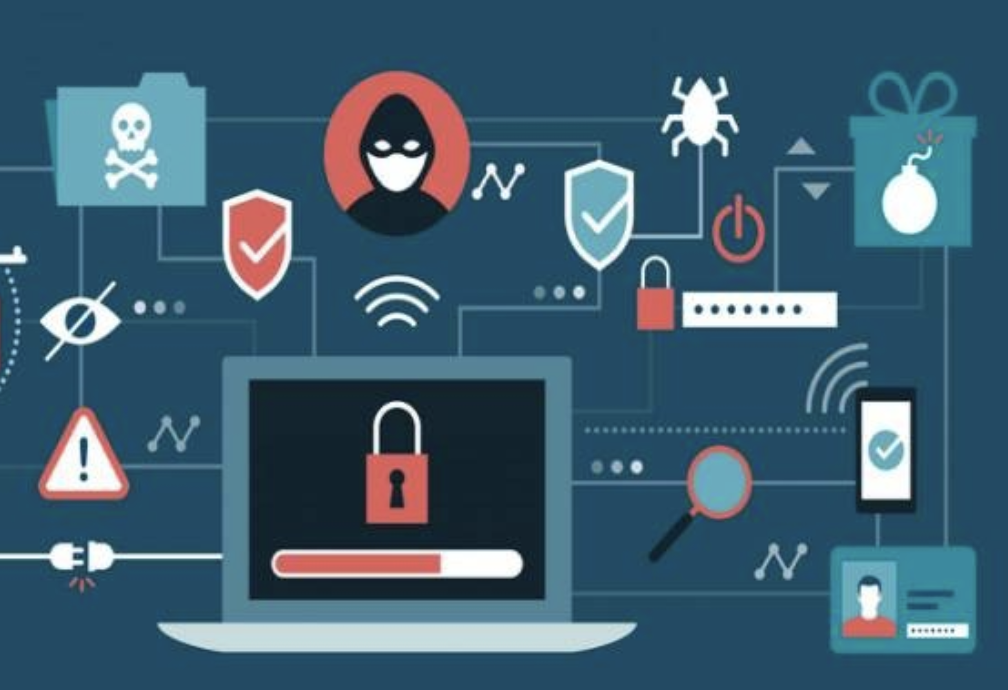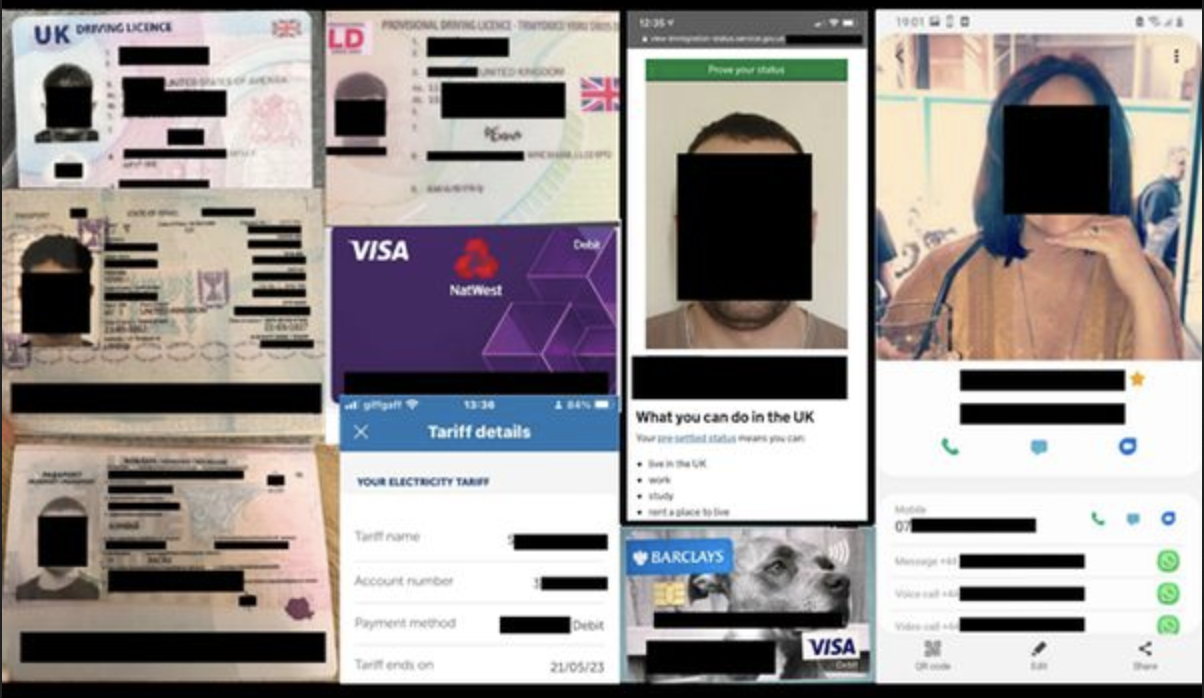
Unsecured Database Exposes Students and Parents’ PII: Alarming Risks Unveiled
In a disconcerting revelation, cybersecurity researcher Jeremiah Fowler recently brought to light a significant data breach, reporting his findings. The breach uncovered a distressing reality – a non-password protected database holding over 200,000 records, including sensitive files containing Personally Identifiable Information (PII) of students and parents. This incident not only underscores the urgent need for improved cybersecurity measures but also accentuates the grave risks associated with the exposure of personal data in an increasingly digital landscape.
Fowler’s routine investigation led him to the unprotected database, which contained a treasure trove of sensitive information, ranging from names and addresses to contact details and other personal specifics of students and their parents. What sets this breach apart is the inclusion of PII in the compromised files, intensifying concerns regarding the potential exploitation of this data for identity theft, fraudulent activities, and other malicious purposes.
In response to Fowler’s discovery, vpnMentor a reputable cybersecurity research firm reported the data breach to authorities, including the National Privacy Commission (NPC), to not only secure the exposed database but also investigate the origins of the breach. The incident underscores the critical importance of addressing cybersecurity vulnerabilities promptly to protect individuals’ privacy and mitigate the associated risks.
Fowler stressed the urgency of the situation, stating, “The scale of this data breach is deeply concerning. The exposed information could be exploited for identity theft, fraud, or other malicious activities. It underscores the importance of robust cybersecurity practices and continuous monitoring to protect individuals’ sensitive information.”
The risks associated with this kind of data exposure are far-reaching, affecting not only the immediate victims but also the broader community. Identity theft, financial fraud, and potential misuse of personal information are significant concerns that demand attention. The affected students and parents are urged to take immediate steps to safeguard themselves:
- Vigilant Monitoring: Regularly scrutinize personal accounts for any unusual activity, especially financial transactions or unexpected communications.
- Password Management: If any passwords were compromised, change them promptly. Adopt strong, unique passwords for different accounts to enhance overall security.
- Stay Informed: Stay updated on developments related to the breach through reliable sources, including vpnMentor and relevant authorities.
- Beware of Phishing: Exercise caution when dealing with unexpected communications to avoid falling victim to phishing attempts, which may further exploit the exposed data.
This incident serves as a stark reminder of the far-reaching consequences of inadequate data protection. It calls for increased awareness, stringent security measures, and collaborative efforts to create a digital environment where individuals can trust that their personal information is safeguarded from potential threats.

Our team of writers, armed with a healthy dose of caffeine and an overflowing imagination covers wacky and weird news. From politics to pop culture, from bizarre headlines to analysis, we take a sideways glance at the world’s happenings, delivering news in a way that’s informative, entertaining, and occasionally eyebrow-raising.




